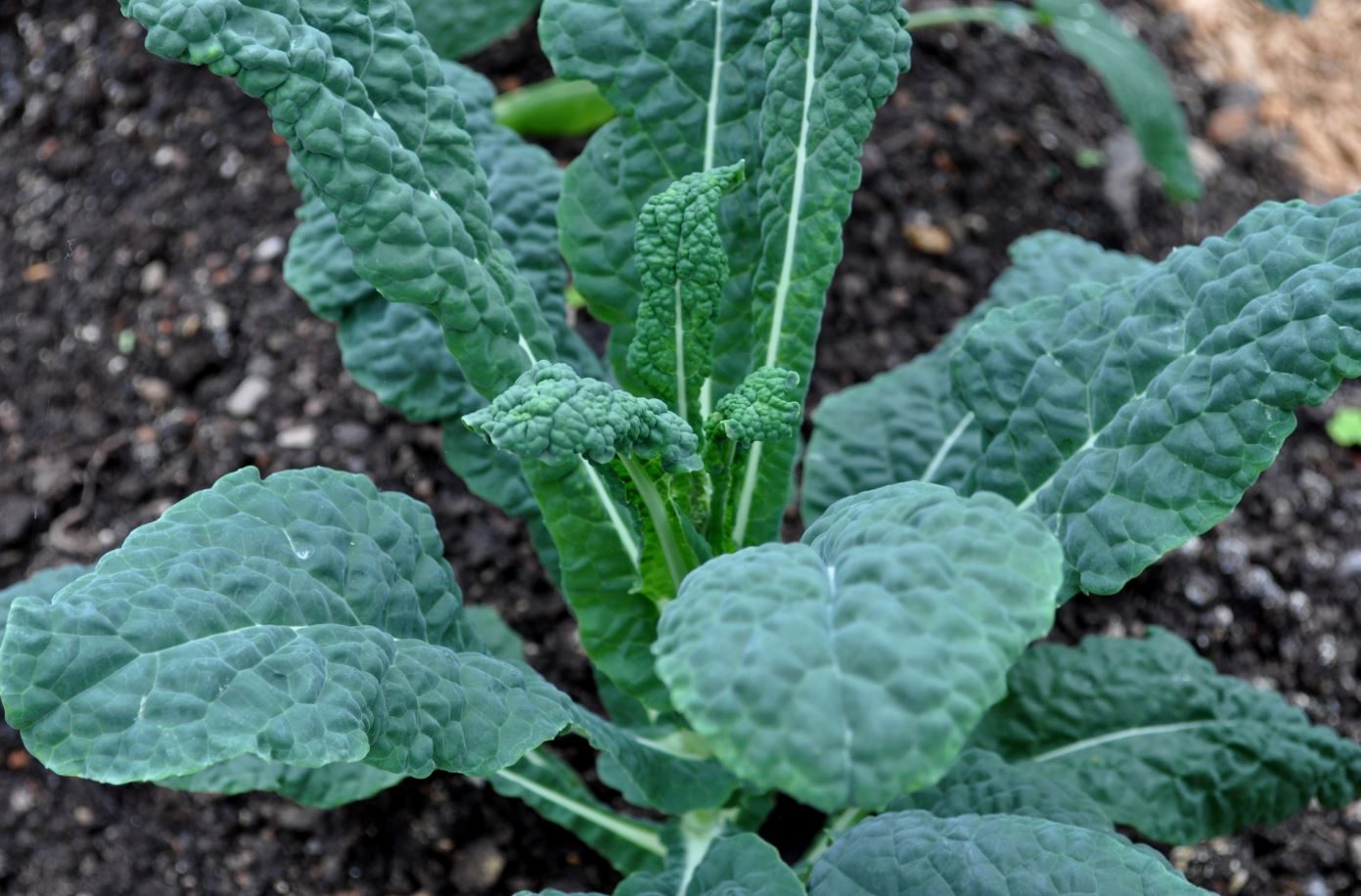Kale has been ranked as the third worst for pesticide residues in an annual study of non-organic fruit and veg sold in the US.
The annual ‘dirty dozen’ list, published by the Environmental Working Group (EWG), uses data from the US Department of Agriculture to list which fruit and veg have the most, and least, pesticide residues.
More than 92 per cent of non-organic kale was found to have two or more pesticide residues, while spinach and kale had up to 1.8 times as much pesticide residue by weight than any other crop.
The most frequent reside found on kale was Dacthal, or DCPA, which has been banned in the EU since 2009 for being a ‘possible human carcinogen’.
“We were surprised kale had so many pesticides on it, but the test results were unequivocal,” said EWG toxicologist Alexis Temkin. “Fruits and vegetables are an important part of everyone’s diet, and when it comes to some conventionally grown produce items, such as kale, choosing organic may be a better option.”

Before testing, all produce was washed and peeled, to imitate food preparation and highlight that simple washing does not remove all pesticides.
Kale and spinach samples had, on average, 1.1 to 1.8 times as much pesticide residue by weight than any other crop, researchers found.
The 2019 dirty dozen:
- Strawberries
- Spinach
- Kale
- Nectarines
- Apples
- Grapes
- Peaches
- Cherries
- Pears
- Tomatoes
- Celery
- Potatoes
The EWG uses its findings to produce The Shopper’s Guide to help people reduce pesticide exposure and prioritise where to buy organic.
The body recommended that, whenever possible, consumers choose organic versions of produce on the ‘dirty dozen’ list. When organic versions are unavailable or not affordable, it said shoppers should continue eating fresh produce, even if conventionally grown.
“The health benefits of a diet rich in fruits and vegetables outweigh the risks of pesticide exposure,” said EWG research analyst, Carla Burns.
Ranking the fruit and veg with the least pesticide exposure, the EWG also published the clean fifteen:
- Avocados
- Sweet corn
- Pineapples
- Frozen sweet peas
- Onions
- Papayas
- Eggplants (Aubergine)
- Asparagus
- Kiwis
- Cabbages
- Cauliflower
- Cantaloupes
- Broccoli
- Mushrooms
- Honeydew melons
The EWG also noted a recent study linking a diet of organic produce to lower exposure to pesticides.
A study published in February in the Environmental Research journal found that adults and children had on average a 60 per cent reduction in the levels of artificial pesticides measured in their urine, after only six days eating organic food.













This is all about the US; what about veg/fruit from Europe?
Hi Tim, this is an annual ranking published about fruit and veg in the US – I don’t know of an equivalent in the UK using publicly available data. Would definitely be interested in covering it if there was one! NP.